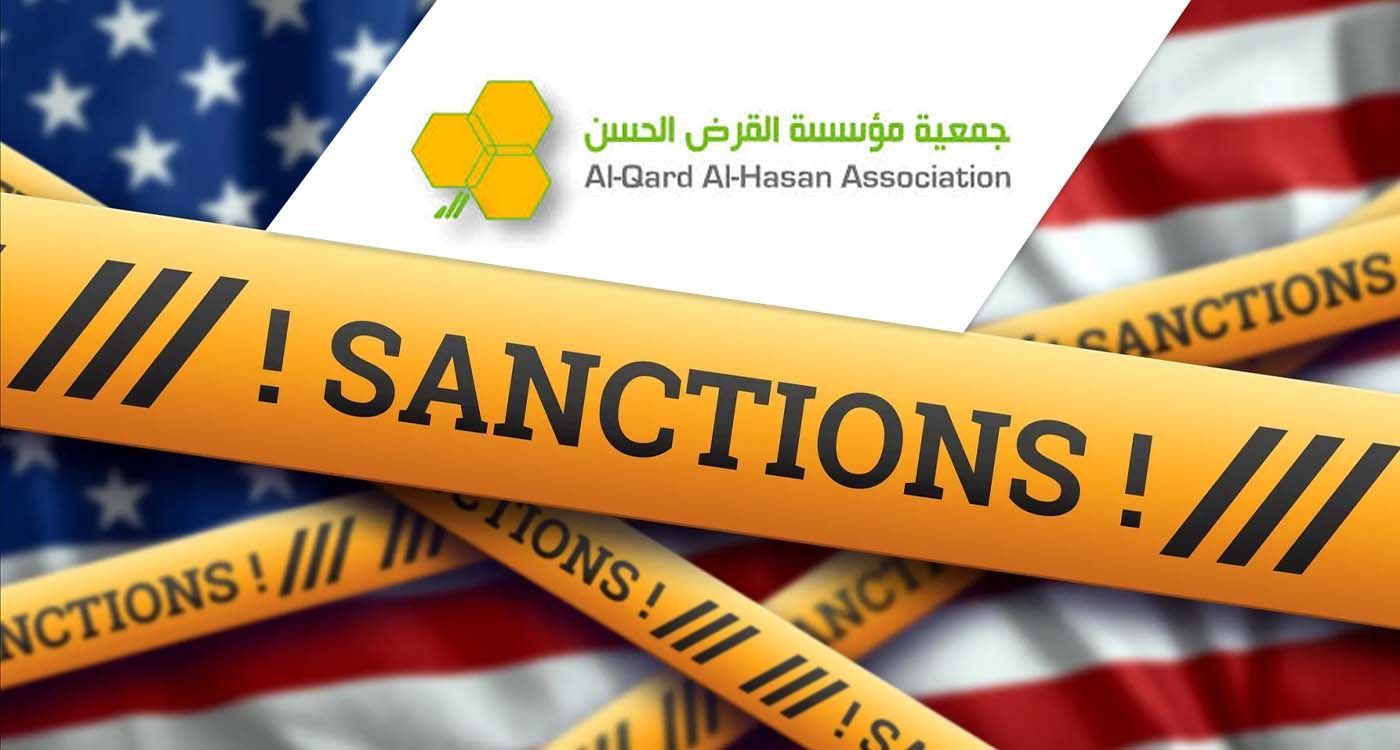
The United States imposed sanctions on Thursday against seven individuals linked to al-Qard al-Hassan (AQAH), Hezbollah’s illicit financial institution, the US Treasury Department announced in a statement.
Sanctions also targeted a commercial network involved in smuggling Iranian oil disguised as Iraqi.
The seven individuals sanctioned for their connection to AQAH are:
-
Nehme Ahmad Jamil (Jamil), the head of AQAH’s auditing and administrative departments. He has overseen Hezbollah’s financial services and affiliated institutions for nearly two decades and co-owns Tashilat SARL with Yazbeck and al-Shami, both sanctioned by OFAC. According to the statement, Tashilat provided “mortgage loans after the 2006 war and played a key role in AQAH’s operations and other Hezbollah-affiliated financial institutions, including Yousser Company and Bayt al-Mal.”
-
Issa Hussein Kassir, the supervisor of AQAH’s department responsible for supplying equipment and managing procurement and logistics. Kassir opened formal banking accounts to facilitate AQAH’s commercial activities, the Treasury said.
-
Samer Hassan Fawaz, AQAH’s administrative director and liaison with various companies assisting AQAH with logistics and procurement.
-
Imad Mohamad Bazz, in charge of AQAH’s gold transactions.
-
Ali Mohamad Karnib, head of AQAH’s procurement department. In July 2024, Karnib oversaw the purchase of over 1,000 ounces of gold for AQAH, according to the Treasury.
-
Ali Ahmad Krisht, director of AQAH’s Tyre branch, also linked to Hassan Moukalled, a key Hezbollah financial advisor who was sanctioned in 2023 for supporting Hezbollah’s integration into Lebanon’s financial system.
-
Mohammad Sleiman Badir, the deputy director of AQAH’s Nabatieh branch.
The US Treasury stated that these seven individuals “conducted millions of dollars in transactions benefiting Hezbollah while concealing the group’s involvement in these financial operations.”
In addition, sanctions were imposed on a business network led by Iraqi businessman Salim Ahmed Said, accused of purchasing and shipping billions of dollars’ worth of Iranian oil since at least 2020, falsely labeling it as Iraqi or blending it with Iraqi oil.
“The Treasury will continue to target Iran’s revenue sources and increase economic pressure to deprive the regime of funds fueling its destabilizing activities,” US Treasury Secretary Scott Bessent said in the statement.
The Treasury also sanctioned the owners of several vessels allegedly involved in clandestine Iranian oil deliveries, aiming to crack down on Iran’s “ghost fleet,” according to Bessent.



Comments